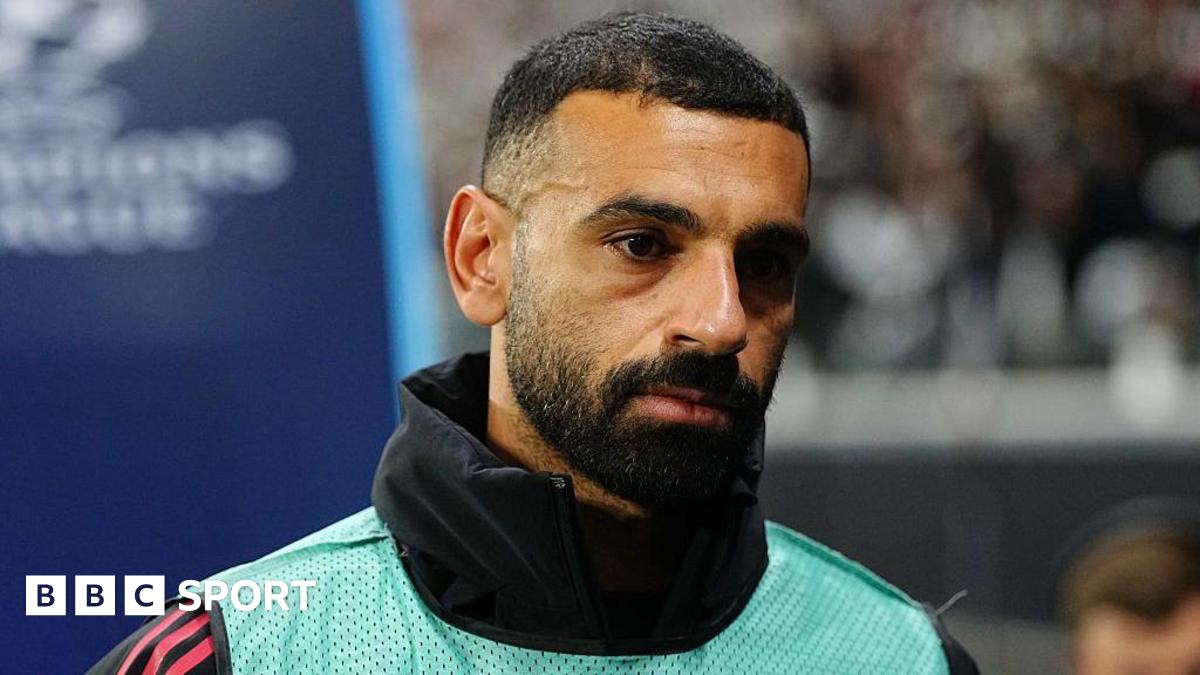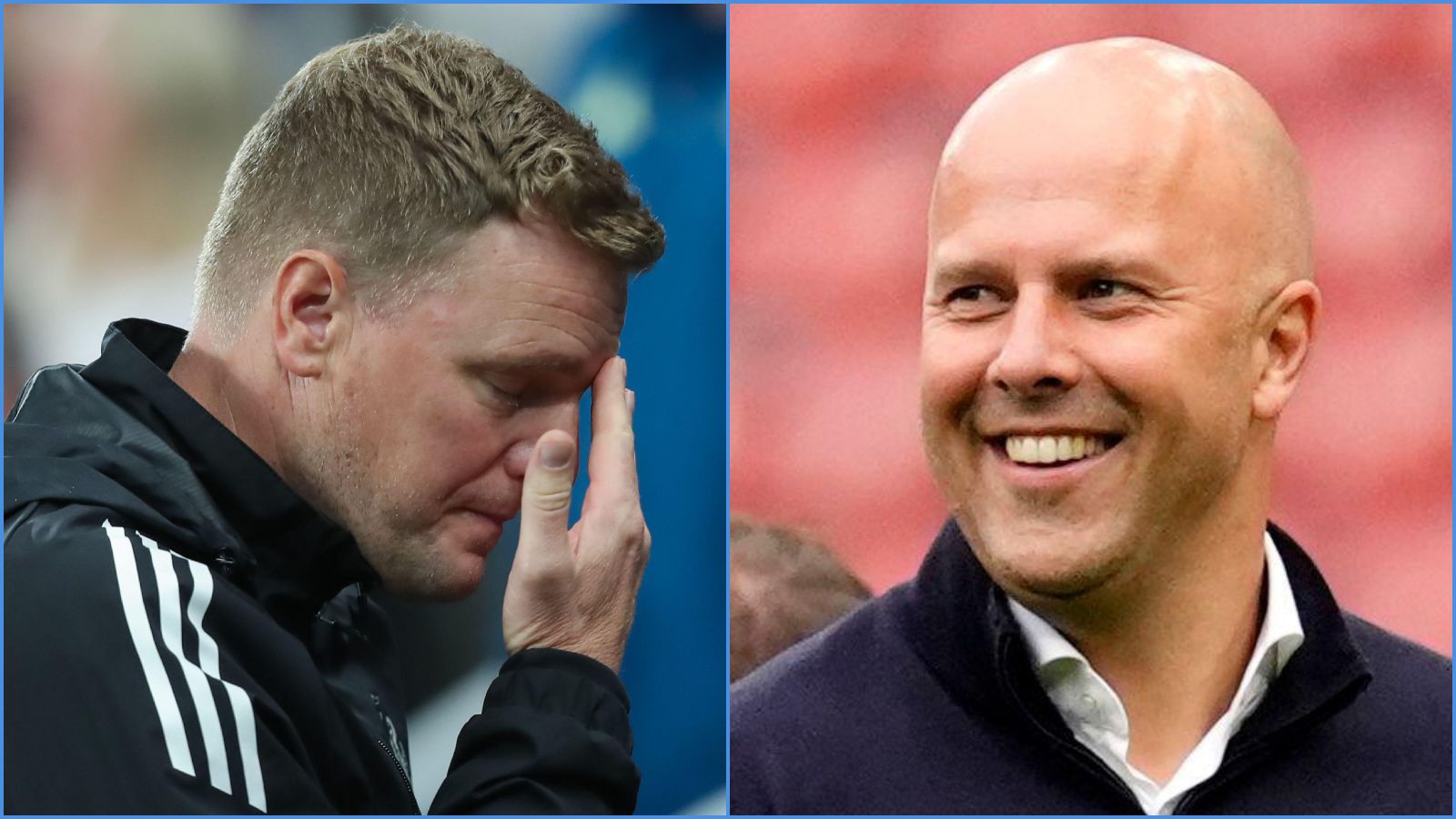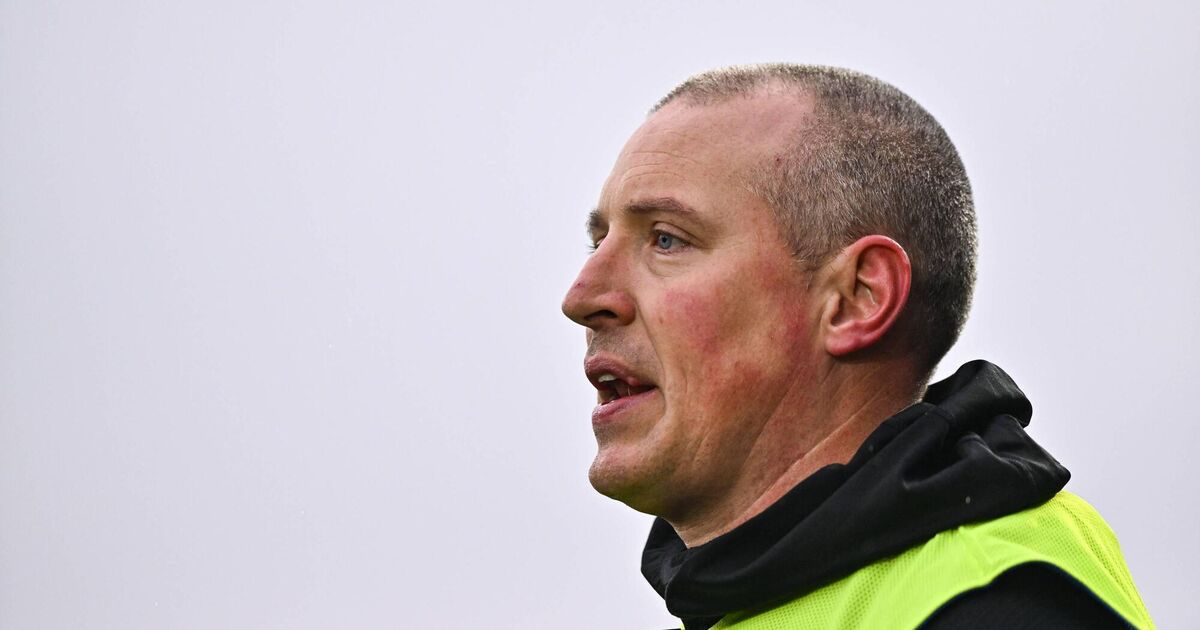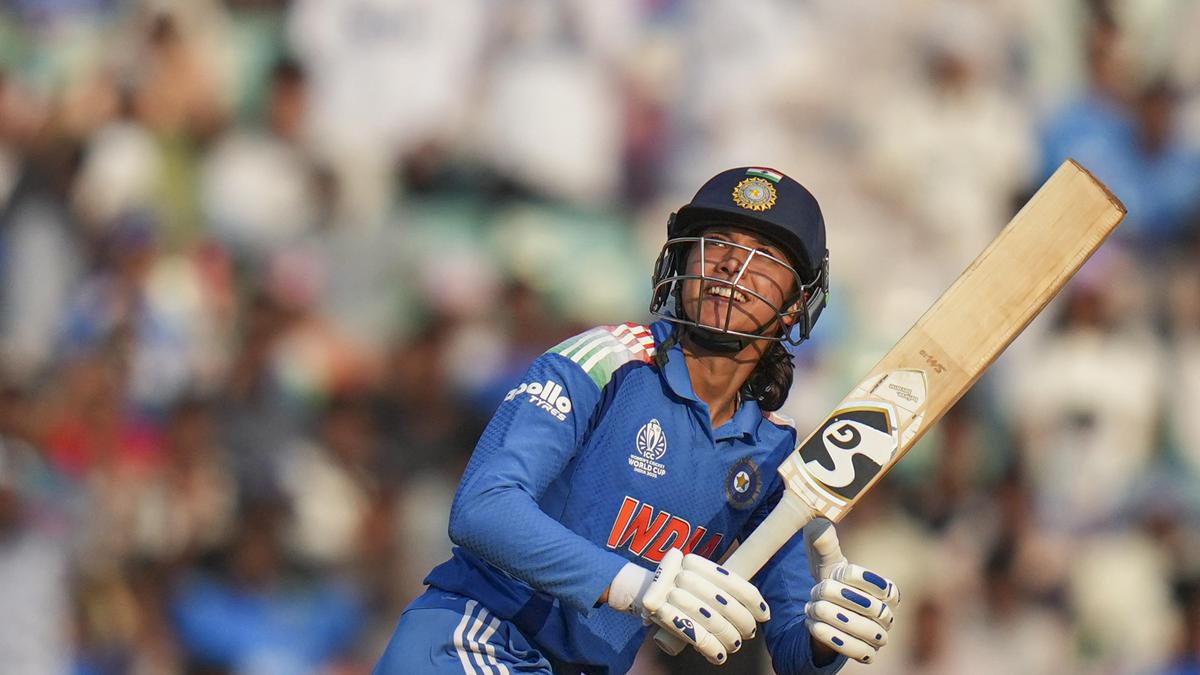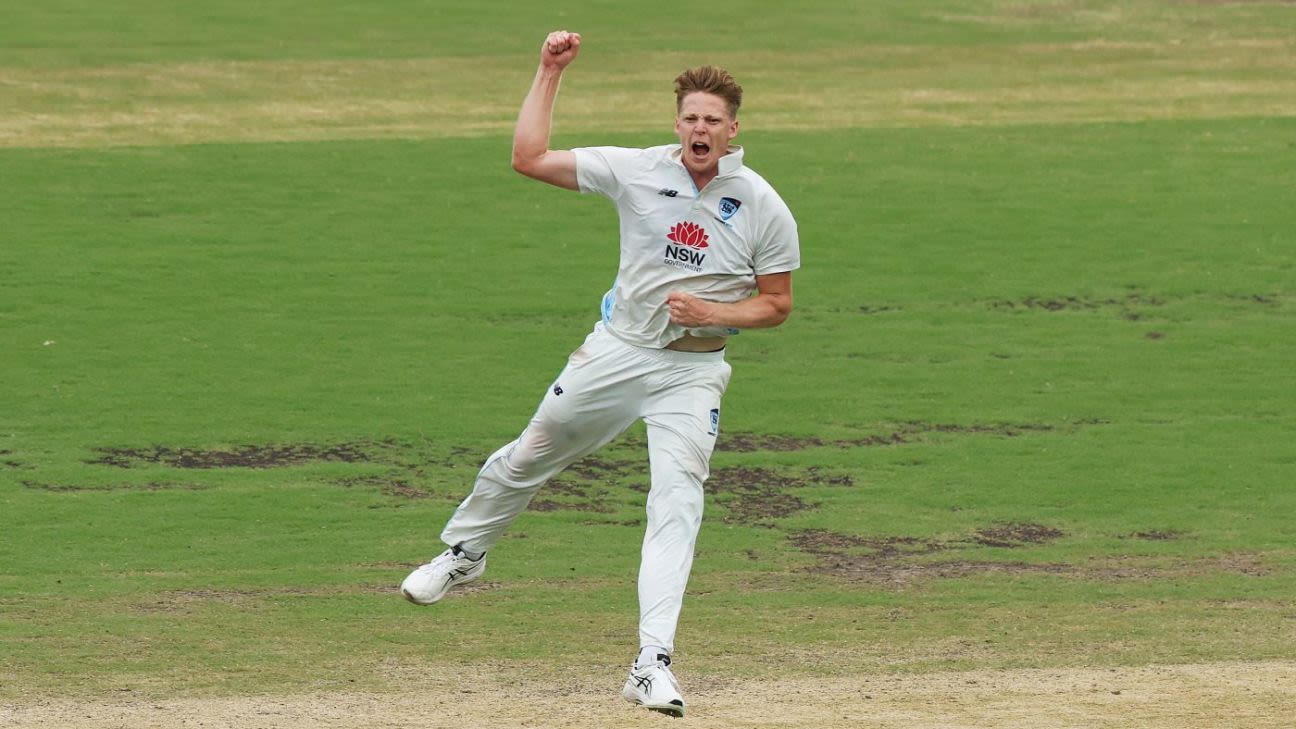Lucas Pinheiro Braathen on embracing Italy, imitating Michael Jackson and giving back: "I’m not driven solely by medals"
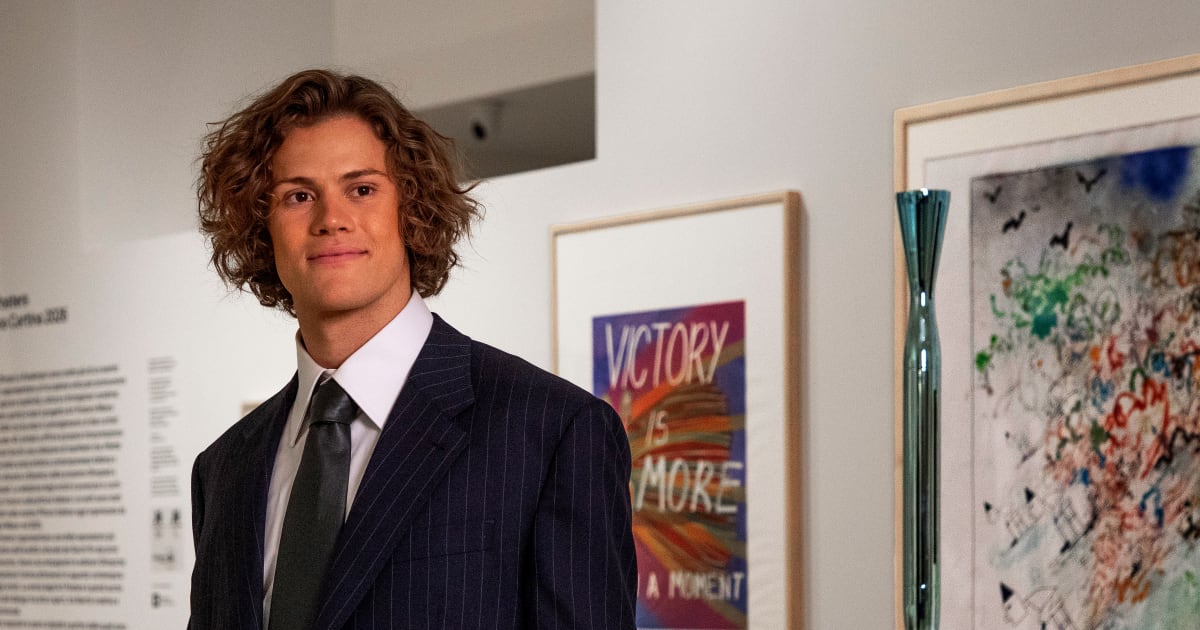
‘No vabbeh’ is an untranslatable Italian phrase used to express approval - and it's one that Lucas Pinheiro Braathen uses, demonstrating his affinity with the country.Last month, the Brazilian Alpine skier chose a space in Milan for his pre-2025/26 season press conference. Over the past couple of years, his connection with the Milano Cortina 2026 Winter Olympic host nation has only grown stronger.“Italy is the big next dream. The Olympic Games take place in Italy,” the 25-year-old Norwegian-born star told Olympics.com during the recent Atomic Media Day.“For me, what I seek every single day is fulfilment. I want to feel one with myself, I want to feel one with my environment, and I want to feel one with my purpose. And so, for me, I see great value in attempting to mould and become one with the environment in which I am going to try to reach my dream.”The charismatic skier loves the Italian mountains - where he often trains - and the country’s culture, especially its art, fashion, and food.“I've loved Italy, and this great hybrid between the more Germanic culture in the north and the very Latin, even African, influence in the south is something that I relate to. Being half Norwegian and half Brazilian, I've always found myself connecting with the wide range of synergies that Italy has with my background.”Pinheiro Braathen feels particularly drawn to the urban energy of Milan, the city that will co-host the upcoming Olympic Winter Games, and where he loves spending time, especially in the off-season.The skier is often spotted jogging in Parco Sempione or cycling along the Naviglio Pavese, taking in Milan’s cultural scene, from museums to shopping: “Feeling at home where the biggest opportunity in my life thus far will take place, I think, is part of my approach to hopefully bring back a medal for Brazil at Milano Cortina 2026.”Lucas Pinheiro Braathen targets overall Crystal Globe2025/2026 FIS Alpine Ski World Cup season preview: Full schedule and how to watch liveChasing a Big Crystal Globe and Olympic GoldThe skiing star is preparing for a season where he could make even more history for Brazil.After earning the country’s first-ever World Cup podium in 2025, he now aims to secure the first victory under the green and gold flag. But his ambitions go further: winning the Overall Globe — the award for the most consistent skier across the season — and capturing Olympic gold.He already knows what it takes to reach the top, having claimed the slalom title in 2023 while representing Norway. Yet, as he explained, the two goals demand entirely different qualities: “It's two completely different realities,” he said.“For me, there’s no doubt that the two highest achievements in Alpine ski racing are an Olympic gold and an overall globe. I think they both represent who is truly the best in their sport, but I think those two are completely different achievements. And that’s what I love about having the possibility to prove yourself in various ways. So for me, I’m hunting both of those two achievements.”With the Olympic season offering a stage to shine before a global audience, Pinheiro Braathen has devoted much of his time to media and promotional work. “I’m trying to become the best in the world at something, so this is the art of being an athlete. It’s juggling all the complex aspects of this holistic approach of what it takes to reach your dream.”That balance between competition and communication has become part of his craft. “I’m grateful and I embrace these types of situations where I get to sit in front of a camera and share who I am, and start a conversation that means a lot to me. But obviously, the closer you get to race season, the less capacity you have to be anything else but the best. That’s the growth I go through every single year, juggling that better and better.”Pinheiro Braathen: A born entertainerA year ago in Sölden, in his first race after returning to the sport, Pinheiro Braathen took off his skis and broke into a dance in front of roaring fans on the Rettenbach course, celebrating an impressive fourth-place finish.He went a step further a month later in Beaver Creek, Colorado, where, after securing a historic podium, he showed off his samba moves on the podium, wearing cowboy boots. “There’s nothing I love more than to feel like I get to be the man of the hour, the man in the show,” he said.“I’m not driven solely by statistics, medals, or trophies. For me, I live for those moments. Those moments are what make me feel alive, and it’s what I chase every single day — to once again be in front of tens of thousands of people and just be who I am, unapologetically. That feeling is pure bliss. It’s euphoria. It’s something I wish everyone could experience once in their life, you know?”Being an entertainer is a trait he has nurtured since childhood. “For me, it started off with my first source of inspiration, which was dance and music. My dad would buy me all the Michael Jackson music video albums, and I would watch them on repeat. Several times a week, I’d have my family sit on the couch, ready for a performance around 6 or 7 p.m., and I’d practise the whole choreography, then perform for them.“At that time, I never dared to bring that outside the house. But I loved being that version of myself within my safe space. And I’m very proud to now bring that same energy to a big stage like the World Cup — and this year, the Olympics — because that’s exactly what I’m chasing every single day.”Fostering inclusivity in the sportSkiing is the sport where the Brazilian star finally found 'his home' after spending his early years dreaming of becoming a football player.Starting relatively late for someone growing up in ski-crazed Norway, Pinheiro Braathen didn’t train much with his local club, Bærum, but instead joined a racing school without regional ties.That experience brought him together with people from all over the country. “All of a sudden I found myself in a place where I couldn’t be judged because all of our accents were different. We all came from different backgrounds and were just fundamentally so different. So even though I was such a bad skier and so different — I didn’t even have a race suit and my skis were wrong, they just accepted me because I was equally as weird as everyone else.”That sense of belonging inspired him to give back to the sport. In 2021, together with his father Bjørn, he founded the Luci Foundation. “Luci (pronounced Lukey) is what I was called when I was a kid, so it’s an homage to children and the next generation of sport,” he explained.The foundation’s mission is to offer scholarships to children from underprivileged backgrounds. “Sport’s most important value in society is inclusivity, but very few people talk about the moment it becomes the most exclusive thing, when you can’t take part in it. And I simply want to decrease the number of people who have to live on the exclusive end of sport and increase the number of people who get to be part of it.”In recent summers, the foundation has organised fundraising camps at the Snow Hall in Oslo, and this year, for the first time, it will award scholarships. And if one of those kids were to become a World Cup skier one day? “That would be a dream come true,” he concluded with a smile.

